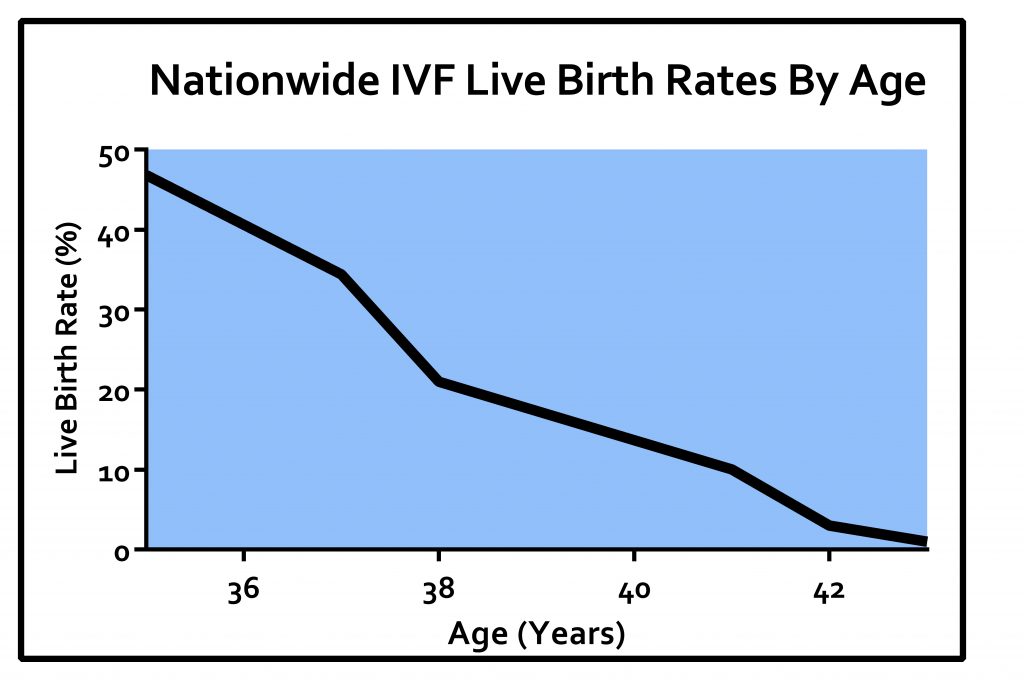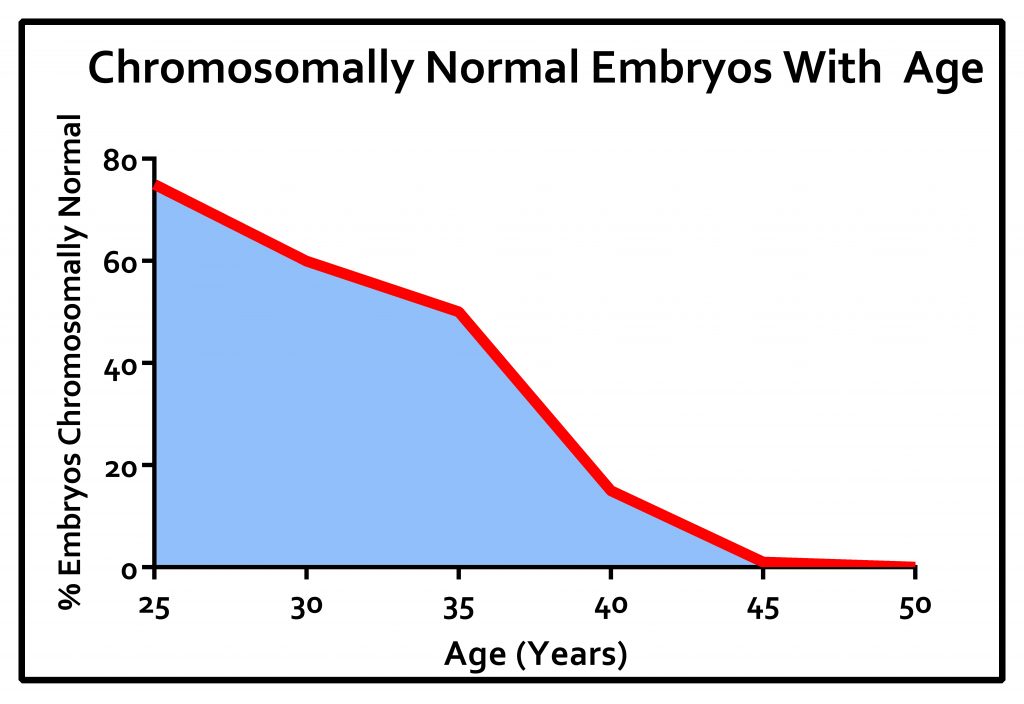
Level the playing field. For women who don’t want to choose between work and family, choose you. For women who want a family but are not ready now, choose the flexibility of egg freezing for future family planning. Egg freezing is more than a treatment. It is a means of empowerment, self education, and a way to assert control over your reproductive future.
Women choose to freeze eggs for a variety of reasons:
- Onco-fertility – Freezing prior to cancer surgery, chemotherapy, or radiation
- Medical Problems – Endometriosis, poor ovarian function, prior surgical loss of an ovary, autoimmune disorders, and other conditions requiring medications toxic to the ovaries, to name a few.
- Uncertainty – You are not sure if you want children but want to plan for the best possibility for the future
- Future Family Planning – You are not ready now for a family but want children in the future. For social, career, relationship, or time issues, you want to control your reproductive potential.
When is the best time to consider egg freezing?
NOW. If you are thinking about egg freezing, consultating with a specialist makes 
Pregnancy rates from IVF change significantly with age. But egg freezing preserves your future success at your current age.
What are the steps for egg freezing?
Consultation with your specialist– You are ahead if you are already reading this. During this visit your doctor will discuss the process with you and answer any questions you may have.
Screening tests and preparation – Even if you decide not to freeze your eggs, you will have a valuable assessment of your egg function and your own body, including genetic testing. Your doctor will perform an ultrasound to count your visible eggs. You will have an anti-Mullerian hormone level (AMH) checked, which is a laboratory assessment of your eggs.
Egg freezing treatment – Your cycle will last approximately 10-14 days during which time you take injectable medicines and have ultrasound and blood monitoring. You wil undergo a short office procedure with sedation to remove your eggs.
Debriefing with your doctor – You will never be on your own. Your nurse and your doctor will be there at every step. Afterward, you will consult again with your doctor to make sure your goals have been met!
Egg freezing is not a guarantee. In the pyramid below, you can see that the journey from eggs to baby goes through various steps. At each stage there is some loss of eggs and embryos. Within reason, more eggs increases your odds of success but the anticipated quality of eggs differs between patients.



